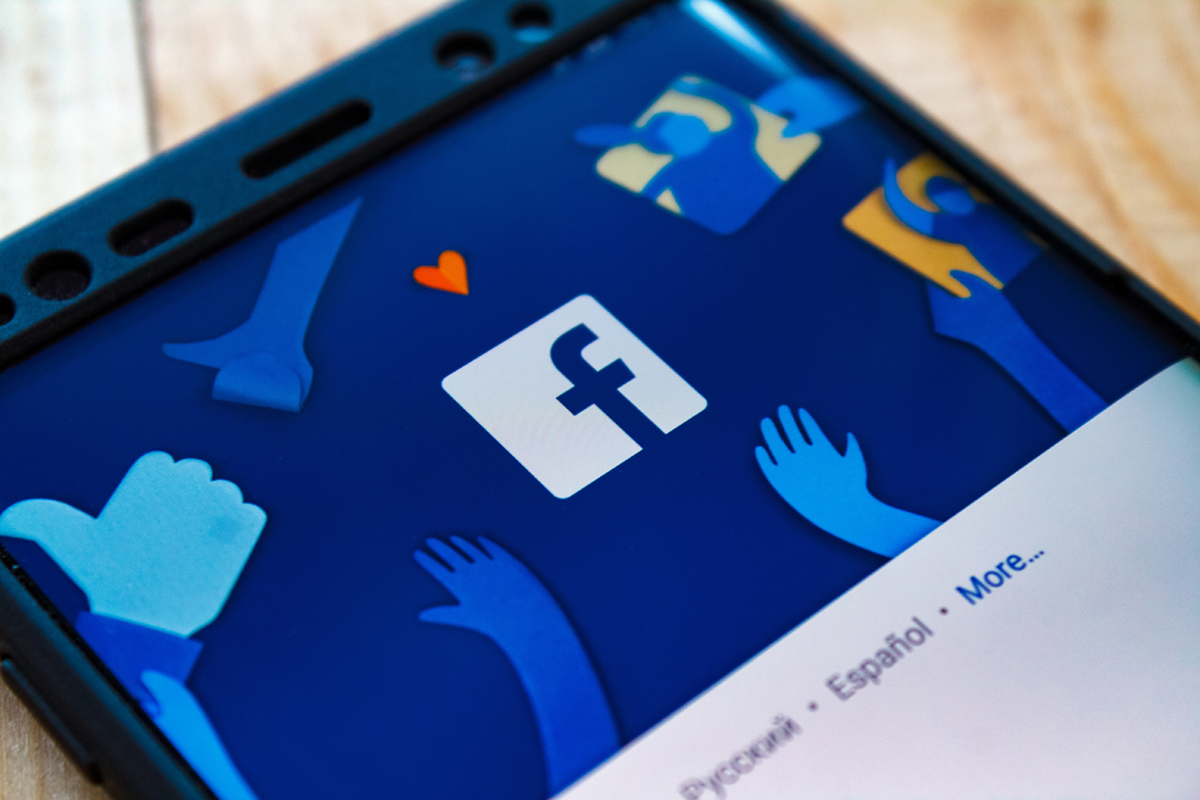In February 2004, in a dorm room not-so-far away, the perpetually baby-faced Mark Zuckerberg surrounded by his co-conspirators, friends and roommates, published what was then known as TheFacebook.com to the world wide web. And as we all now know, the rest was history.
Well, more or less.
In the short span of 15 years, Facebook has managed to kill businesses and fellow social platforms (Sorry, Myspace. Sorry, Friendster.), revolutionize industries, birth an Oscar-winning film starring Jesse Eisenburg, undermine our most sacred democratic institutions, and, somehow, found time along the way to rob us of all our personal information and privacy.
But, for every misstep and malfeasance made by the big, blue Internet giant, communities are brought just the slightest bit closer together, friendships blossom and moments and movements the world over are documented in a new form of collective history.
So, to 15 years of Facebook, we raise our glasses and look back at the good, the bad, the ugly and what to expect of the next 15.
The good
On a surface level, the good of Facebook is not that hard to find. Simply log in to see a deluge of smiling baby pictures, heart-fluttering wedding photos and life updates from friends and acquaintances near and far. And, punctuating this stream of everyday bridge-building are the big moments when communities rally, democracy spreads and love wins, capturing the world’s attention for even a few fleeting minutes.
The bad
Less bad than net neutral, Facebook has long tread the line between the good of the few and the good of the many. Constant algorithm changes have yet to strike the proper balance between friends and business interests in our feeds. The introduction of ads, while beneficial to brands, sparks questions about user data and privacy. But, compared to the headline grabbing misdeeds of the platform, these growing pains seem but minor missteps.
The ugly
Cambridge Analytica, fake news and data breach after data breach, the cardinal sins of Facebook are not hard to find, but the tendrils of the most parasitic parts of the platform spread far and wide. From a new form of cyberterrorism to genocide and violence in developing nations, “making the world more open and connected” has, at times, seemed to be more a mission of destruction than a humanitarian effort.
The next 15 …
Suffice to say, devoid of any overwhelming revolution in public opinion or habit, Facebook is here to stay. But, as a business which has weathered the past 15 years relatively intact knows, evolution is vital to survival. While it’s difficult to speculate about the state of Facebook in 2034, the course for many changes has already been set:
- The Facebook-ification of Instagram.
Some may consider this to be business as usual as “the ‘Book” bought “the ‘Gram” back in 2012, but with co-founders Kevin Systrom and Mike Krieger, CEO and CTO respectively, exiting abruptly in the fall of 2018, change is in the air. Think algorithm updates, more advertising opportunity, more branded content and more scandal all while balancing less independence from and closer ties to the main Facebook platform.
- New products for a new generation.
For Facebook, Instagram is and has always been a platform to embed younger audiences in the Facebook family web. Where Facebook’s Watch has yet to explode onto the streaming scene, IGTV is still poised to attract troves of viewers. Where Stories on Facebook are an afterthought for many, they’re an integral – and growing – part of the Instagram experience.
This all translates to more time and more eyes dedicated to the app which in turn means more money in Facebook’s pocket as advertisers scramble to get in front of the eyes of a younger audience, converting users to life-long customers and brand ambassadors.
- Judgement day awaits.
And, an ethical reckoning looms for the marketers, advertisers, developers and other groups with business interests in the platform. As Facebook has largely taken the heat for past scandals involving both the everyday use and misuse of user data, those who choose to integrate Facebook’s data options into their business strategies will undoubtably be forced to show their hand, defend their decisions and answer to their stakeholders.








